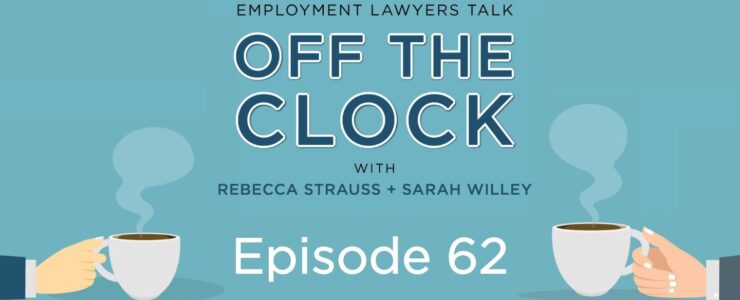
Please be advised that contacting Miller Johnson or one of its attorneys by email does not constitute establishing an attorney-client relationship or otherwise confidential relationship between you and the Firm. Please do not give us any information you regard as confidential until a formal attorney-client relationship has been established. Any information you give to us before establishing an attorney-client relationship will not be regarded as privileged or confidential. Do you wish to proceed?
To receive firm communications, please select from the list of topics, complete your contact information, and Sign Up below.